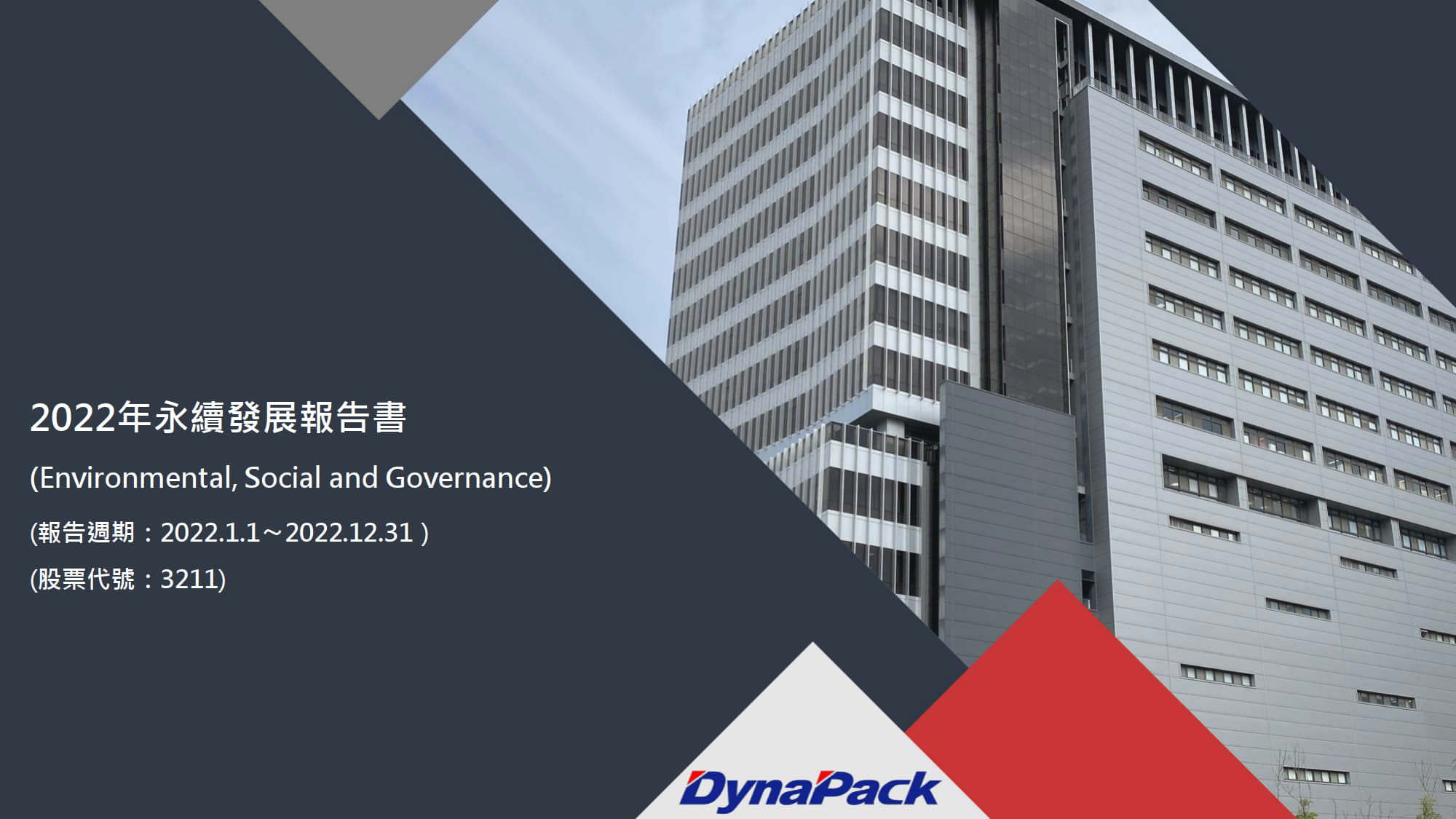Sustainable Development Zone

Implementation state of climate-related information

Conflict-Free Minerals Policy and Declaration
Dynapack herein declare the Minerals Conflict-Free on products supplied.
Dynapack is taking and will take due diligence within our supply chain to assure “DRC Conflict-Free” for the Minerals of gold (Au), tantalum (Ta), tungsten (W), tin (Sn) and cobalt(Co) are not derived from or sourced from mines in conflict areas of the Democratic Republic of Congo (DRC), or illegally taxed on trade routes, either of which are controlled by non-governmental armed groups, or unlawful factions.
Dynapack hereby formulated this Conflict-Free Minerals Policy and makes following commitments:
1. Implementing to sourcing only from smelters that have been validly certified as “Conflict-Free” by an organization or program.
2. Implementing to exercise due diligence on the origin and chain of custody of minerals in accordance with the OECD DDG.
3. Committing the supplier to communicate the Policy to all its sub-contractors and suppliers that provide materials for the manufacturing of goods.
4. Committing the supplier NOT to source 3TG that directly or indirectly benefit armed groups that are perpetrators of serious human rights abuse in the DRC or an adjoining country.
Establishing management procedure
Due to the conflict minerals international regulations and fulfill their social responsibilities, we establish the management
procedure in 2013, and the conflict minerals included in the supplier chain.
In addition, we set up a conflict mineral project team from EHS, RD, CP and QS.
Due diligence within our supply chain
Define clear risk criteria that reasonably ensure all risks related to the conflict free sourcing of tantalum, tin, tungsten and / or gold will be identified.
Conduct a risk assessment applying the risk criteria and reasonably making sure the assessment identifies all risks related to the conflict free sourcing of minerals.
Design and adopt an effective risk mitigation plan for all risks identified and implement effective risk mitigation measures.
Regularly monitor and track the progress and effectiveness of risk mitigation measures. Report on progress and effectiveness of risk mitigation measures to senior management.
Request all relevant suppliers to implement the conflict mineral survey and the statement of commitment signed in each year, as of September 2015, the supplier's CMRT response rate was 100%.
Arrange supplier training each year to assist the supplier to perform due diligence.
Supplier conflict minerals requirements
Supplier herein declare the Minerals Conflict-Free on products supplied to Dynapack.
Supplier is taking and will take due diligence within our supply chain to assure “DRC Conflict-Free” for the Minerals of
gold (Au), tantalum (Ta), tungsten (W), tin (Sn) , and cobalt(Co)are not derived from or sourced from mines in conflict areas of the
Democratic Republic of Congo (DRC), or illegally taxed on trade routes, either of which are controlled by non-
governmental military groups, or unlawful military factions.
Supplier hereby formulated this Conflict Minerals Policy and makes following commitments:
1. Not to purchase conflict minerals from mines in the Conflict Regions.
2. Request its suppliers to notify their upstream/downstream suppliers to follow Minerals Conflict-Free requirements.
3. Continuing our industry leadership and our efforts to source conflict-free minerals from the DRC where possible.
Contact window
If you have concerns about our conflict mineral issues, please contact Jenny.Wang@dynapack.com.cn or Tom.Wang@dynapack.com.tw
This grievance mechanism can make us aware of the actual situation and supply chain risk or other problems!
| The major objectives of this policy are to propagate the Dynapack long-term enterprise citizen principles on legal compliance and social accountability, to apply EICC into internal operational strategy, to ensure that working conditions in the electronics industry supply chain are safe, that workers are treated with respect and dignity, and that manufacturing processes are environmentally responsible. |
| A. Labor |
|
| B. Health and Safety |
|
| C. Environmental |
|
| D. Management Systems |
|
| E. Ethics |
|




